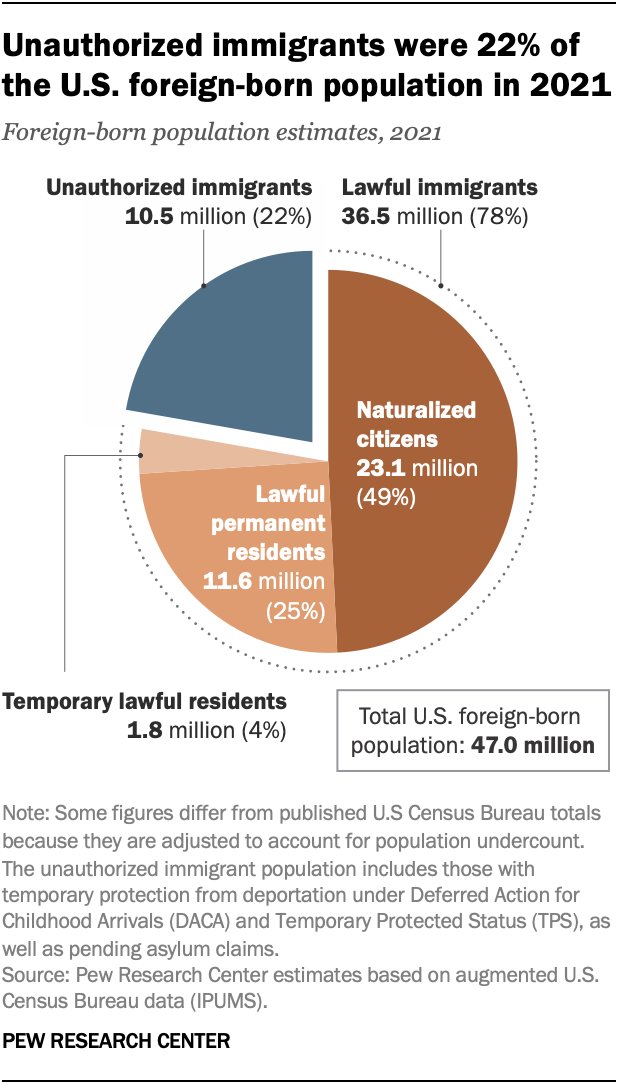I'm incredibly bored of talking about the Palestine protests, but here are some results from the recent Generation Lab survey.
Key fact #1: College students just don't care about the Palestine issue that much.
axios.com/2024/05/07/pol…

Key fact #1: College students just don't care about the Palestine issue that much.
axios.com/2024/05/07/pol…

About 8% of students have participated in the protests on one side or the other. That's a substantial number, but less than the 21% who joined BLM protests in May/June 2020 (and the latter were pretty much all on one side of the issue).
collegepulse.com/blog/8-in-10-c…

collegepulse.com/blog/8-in-10-c…

Only about 1/8 of students blame Biden for the conflict. 34% blame Hamas, and 31% blame either Israel in general or Netanyahu specifically. 

Many of the tactics that Palestine protesters have used are extremely unpopular among college students. 81% want to punish protesters who destroy property, 67% say occupying campus buildings is unacceptable, and 90% say it's not ok to block pro-Israel students from campus. 

And this is all DESPITE the fact that 45% of students are sympathetic with the protests to some degree! 

Upshot: Most college kids don't care that much about the Israel-Palestine issue, don't blame Biden for the conflict, and wish the Palestine protesters would stop being jerks.
That's no surprise to me, but it might come as a surprise to many screamers on this website.
(end)
That's no surprise to me, but it might come as a surprise to many screamers on this website.
(end)
• • •
Missing some Tweet in this thread? You can try to
force a refresh












